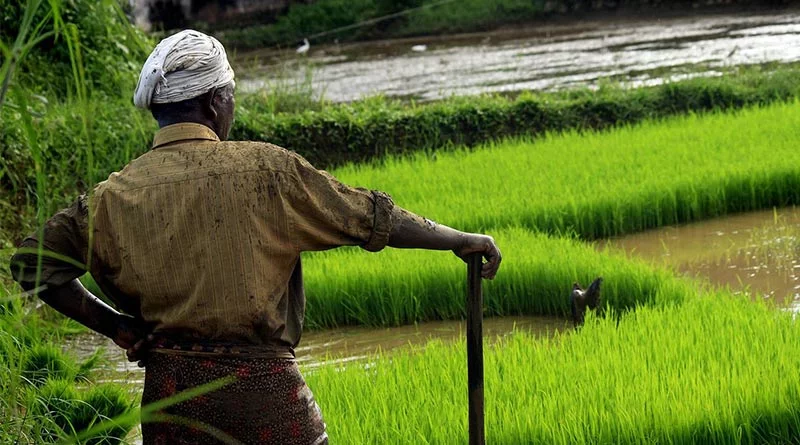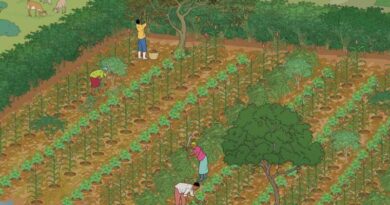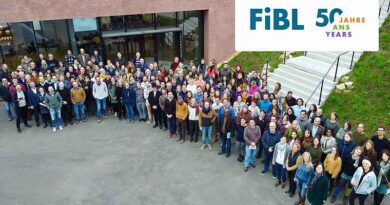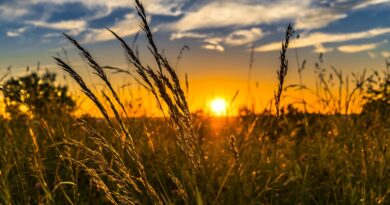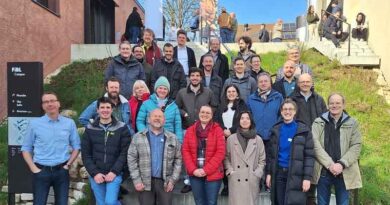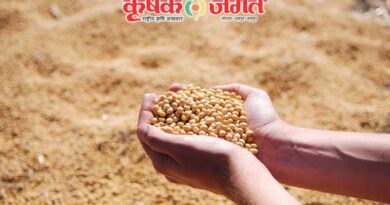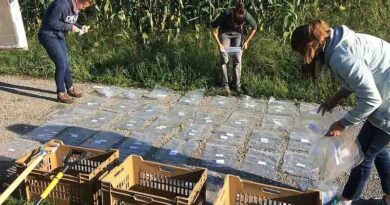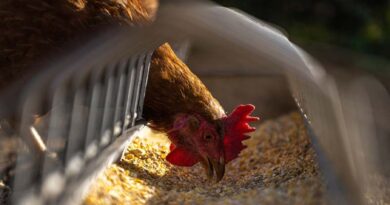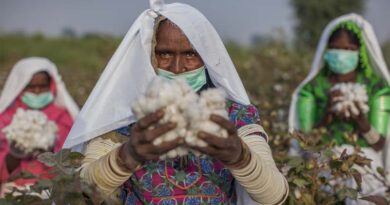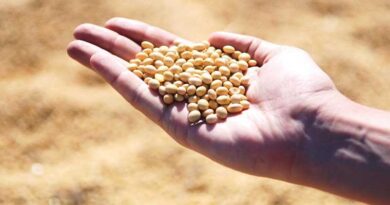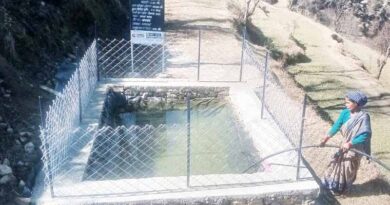InfoPoint conference: Improving farmers’ livelihoods in the Sahel
01 September 2023, Ethiopia: Experiences from the FairSahel (DESIRA) and SustainSahel (H2020) projects will be discussed in an upcoming European Commission InfoPoint on 5 September 2023 from 11.30 – 13.00 (CEST). FiBL staff member Harun Cicek is one of the speakers, as FiBL Switzerland is a partner of the SustainSahel project.
Across the Sahel region, spanning from Senegal to Ethiopia, significant environmental and social challenges are evident. These challenges encompass widespread poverty, deteriorating security conditions, and shifts in weather patterns that jeopardize the resilience and productivity of agricultural systems. Given that the livelihoods of most local populations hinge on subsistence farming, there is a critical need to explore and advocate for practices that not only improve soil quality and yields but also safeguard the long-term vitality of agroecosystems.
Could agroecological and agroforestry methods offer viable solutions for sustainably enhancing farming systems in the Sahel?
Research findings indicate that agroecological and agroforestry approaches have the potential to elevate yields, restore soil health, enhance farmers’ well-being, and contribute to greater equity within farming systems. The projects FairSahel and SustainSahel are actively producing dependable evidence on the effective implementation of such practices through collaborative efforts involving researchers, farmers, and various stakeholders in Senegal, Mali, and Burkina Faso.
SustainsSahel and FairSahel will share experiences and some project results, like:
- Effective Management Approaches: Approaches that are well-suited for generating mutually beneficial interactions among trees, shrubs, crops, and livestock within the local farming systems.
- Interplay between Native Trees, Shrubs, and Livestock: The intricate relationships between the utilization of indigenous trees and shrubs and the health of livestock.
- Engagement and Co-Creation of Innovative Systems: The process of collaboratively designing innovation systems and conducting trials that can facilitate better understanding about the suitable utilization, density, and composition of trees and shrubs in farmers’ fields.
- Key Stakeholders for Agroecological Transition: The specific actors capable of instigating systemic changes to propel farming systems in the Sahel toward an agroecological transition.
- Insights from Multi-Stakeholder Knowledge Exchange: Valuable insights garnered from the exchange of knowledge involving various stakeholders, including activities related to training and dissemination.
Also Read: CCFI and UPL organizes training program for Basmati growers
(For Latest Agriculture News & Updates, follow Krishak Jagat on Google News)

